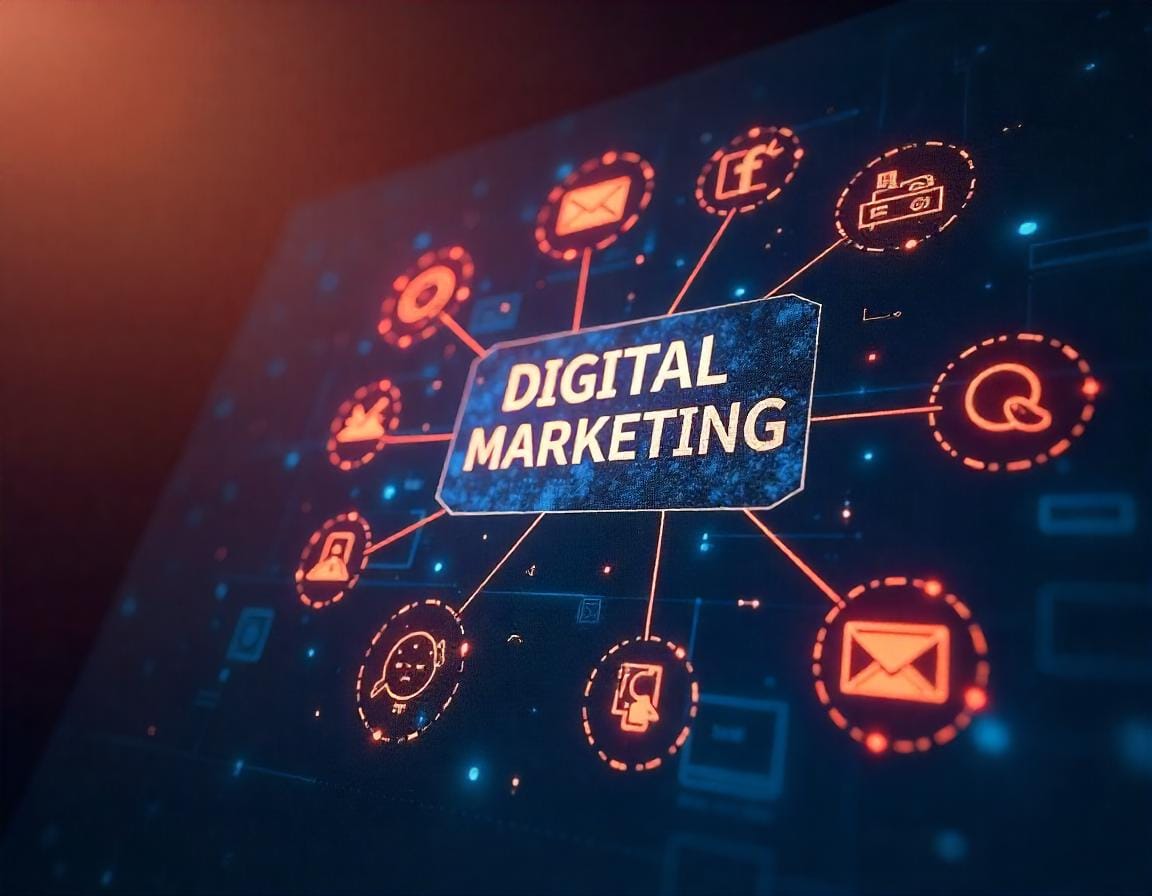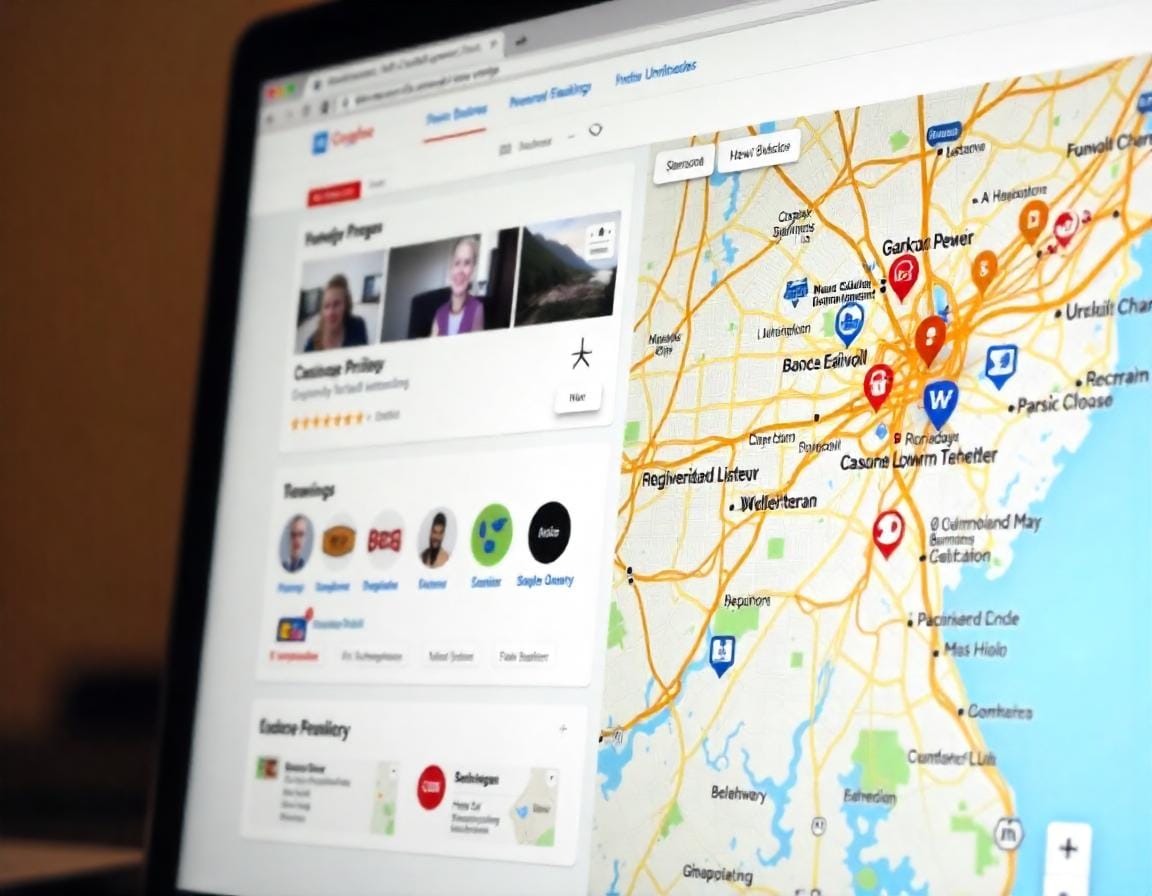Best Digital marketing strategies for small businesses are essential tools for growth and success. In today’s competitive digital landscape, these strategies level the playing field, allowing even the smallest enterprises to compete with larger brands. But what are the most effective strategies? In this article, we’ll break down the best digital marketing strategies that small businesses can adopt to grow, attract customers, and boost revenue.
What Are the Best Digital Marketing Strategies for Small Businesses?

Small businesses can succeed in digital marketing by focusing on strategies like SEO, social media marketing, email campaigns, content marketing, and PPC advertising. Each of these approaches is cost-effective, scalable, and tailored to specific business goals.
1. Optimize Your Website for SEO

Search Engine Optimization (SEO) is the foundation of online visibility. A well-optimized website ensures that your small business ranks high on search engines, bringing in organic traffic.
- Use local SEO strategies to target nearby customers.
- Perform keyword research to target phrases your audience searches for.
- Ensure your site is mobile-friendly and fast-loading.
Pro Tip: Leverage tools like Google My Business to improve your local SEO presence.
2. Leverage the Power of Social Media Marketing
Social media platforms are perfect for connecting with your target audience and building relationships.
- Focus on platforms where your audience spends the most time (e.g., Facebook, Instagram, or LinkedIn).
- Use engaging content formats like reels, stories, and polls.
- Run small-budget ads to promote products or services.
Pro Tip: Use user-generated content (e.g., customer reviews or photos) to build credibility.
3. Invest in Content Marketing
Content marketing helps establish your brand as an authority in your industry.
- Start a blog that answers your audience’s questions (e.g., “How to grow a small business”).
- Create high-value content like eBooks, guides, and infographics.
- Use video marketing to explain your products or services.
Pro Tip: Repurpose content across platforms for maximum reach.
4. Run Email Marketing Campaigns
Email marketing is one of the most cost-effective ways to engage your audience and nurture leads.
- Segment your email list to send personalized messages.
- Use email automation to follow up with potential customers.
- Share valuable resources, discounts, or updates to keep your audience engaged.
Pro Tip: Use email tools like Mailchimp or Constant Contact for easy automation.
5. Launch Pay-Per-Click (PPC) Campaigns
PPC campaigns are great for generating immediate results. Platforms like Google Ads and Facebook Ads allow small businesses to reach their target audience quickly.
- Use geo-targeting to reach customers in specific locations.
- Set a daily budget to control your ad spend.
- Monitor and tweak campaigns based on performance data.
Pro Tip: Combine PPC with retargeting ads to bring back potential customers who visited your website but didn’t convert.
Conclusion
Digital marketing offers endless possibilities for small businesses to grow and thrive. By focusing on strategies like SEO, social media, content marketing, email campaigns, and PPC, small businesses can compete with larger companies on a global scale. Start by experimenting with one or two strategies, measure the results, and refine your approach over time.
The most effective strategy depends on your business goals, but SEO and social media marketing are generally the most impactful for small businesses.
A small business should allocate around 7-10% of its revenue to marketing, depending on its growth goals.
Yes, organic strategies like SEO and content marketing can drive significant growth, but PPC can speed up results when budgets allow.



